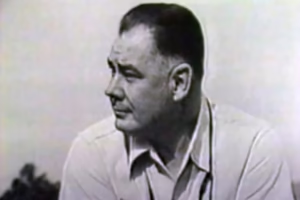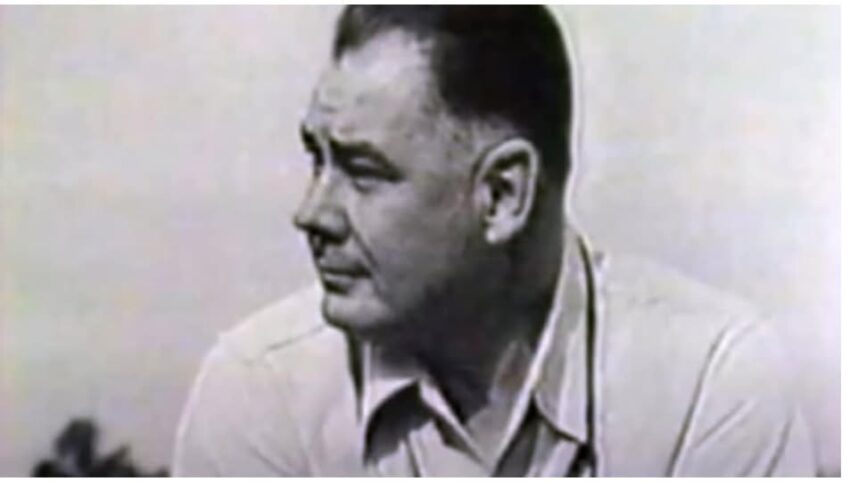Robert Neyland is widely revered as one of the greatest college football coaches in American history, and his legacy continues to echo across generations of Tennessee Volunteers fans. Best known for his tenure as the head coach of the University of Tennessee football team, Neyland led the program from 1926 to 1952 across three separate stints, interrupted only by military service. Over the course of 21 years, he amassed a remarkable 173 wins, 31 losses, and 12 ties, etching his name among the most elite figures in the sport.

Born in 1892, Neyland’s path to coaching greatness began with a distinguished military career. A graduate of the United States Military Academy at West Point, he was a disciplined and strategic thinker — qualities that he seamlessly translated into football. When he took over the reins at Tennessee in 1926, the Volunteers were not considered a national power. By the time he retired, they were a feared and respected force.
One of Neyland’s most remarkable achievements came between 1938 and 1940 when his Tennessee teams recorded 17 consecutive regular-season shutouts. That level of defensive dominance is unheard of in the modern era and underscores the discipline and toughness he instilled in his players. In fact, his 1939 squad remains the last NCAA team to complete a regular season without allowing a single point.
Neyland’s philosophy was summed up in his own famous “Seven Maxims of Football,” a collection of core principles that emphasized discipline, defense, field position, and error-free play. These maxims are still recited before every Tennessee game today, a testament to how deeply his philosophy is ingrained in the Volunteer tradition.

Neyland’s three separate coaching stints — 1926–1934, 1936–1940, and 1945–1952 — were interrupted by service to his country. As a Brigadier General in the U.S. Army Corps of Engineers, he served during World War II and brought the same meticulous planning and leadership to the battlefield as he did to the sidelines. His military background heavily influenced his coaching style, marked by a regimented, no-nonsense approach.
Under Neyland’s leadership, Tennessee won four national championships (1938, 1940, 1950, 1951) and captured seven conference titles. His ability to develop raw talent, instill discipline, and outmaneuver opponents tactically made him a revered figure not just in Knoxville but across the college football landscape.
After his retirement from coaching in 1952, Neyland served as Tennessee’s athletic director until his death in 1962. In honor of his legendary contributions, the University of Tennessee named its football stadium “Neyland Stadium.” Today, it stands as one of the largest stadiums in the country and a living tribute to the man who built the program brick by brick.
Robert Neyland wasn’t just a football coach; he was an architect of tradition, discipline, and excellence. More than half a century after his last game, his influence continues to shape one of college football’s most storied programs.

